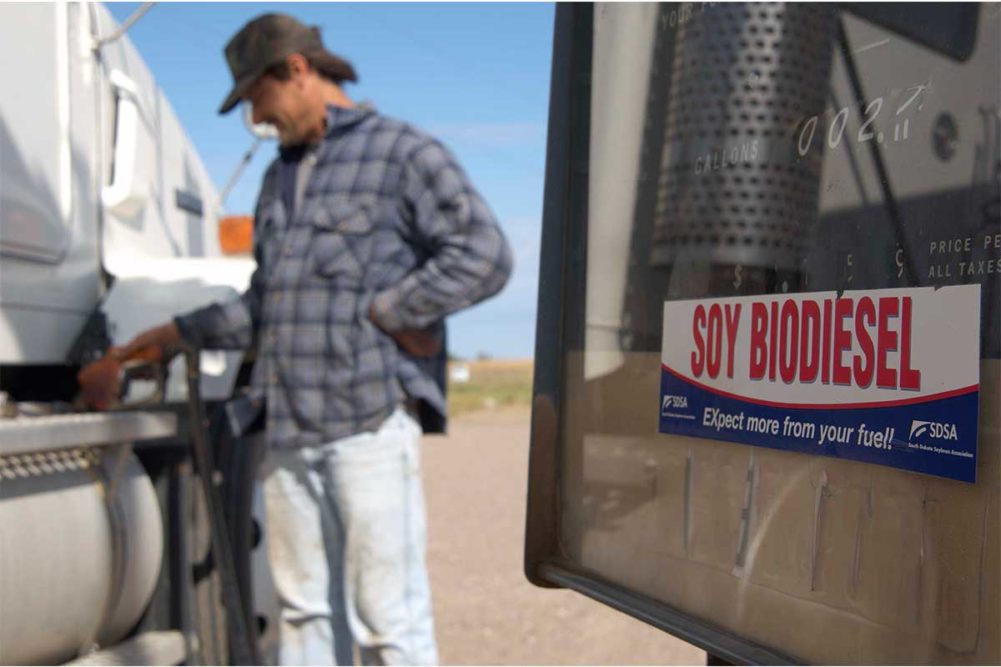BUENOS AIRES, ARGENTINA — Argentina’s biofuel production in 2021 is struggling with the impacts of the COVID-19 pandemic, which reduced fuel demand, a prolonged domestic recession and recent changes in policy, according to a report from the Foreign Agricultural Service of the US Department of Agriculture (USDA).
Ethanol production is estimated at 980 million liters, which, except for 2020, is the lowest volume since 2016.
The recently passed Biofuels Law 27640 maintains a minimum ethanol blend rate of 12% but allows the Energy Secretariat to adjust the blend rate downward, but not lower than 9%.
The biodiesel industry will see one of its worst years since its creation in 2007, the USDA said. Production is estimated at 1.54 billion liters, which, except for 2020, is the lowest since 2010.
Idle capacity is estimated at 65%, the second lowest figure for the last 11 years. Production to meet the official blend mandate is expected to only reach 500 million liters, well less than half the pre-pandemic use and the lowest since the start of the program, with an average blend rate of only 4%.
The USDA said the main reasons for this are a lack of enforcement of the existing mandates, changing policies that reduced blend rates in the first three months of the year, delays in updating official prices to match increased production costs, low diesel consumption due to the economic recession, and the implementation of the new Biofuels Law 27640 in the last part of 2021, which will reduce the official blend rate from 10% to 5% or even 3%.
Exports are forecast at 1.1 billion liters, similar to 2019, prior to COVID-19. The EU continues to be the only market where Argentine biodiesel is being shipped and sales to additional markets are not anticipated, the USDA said.




